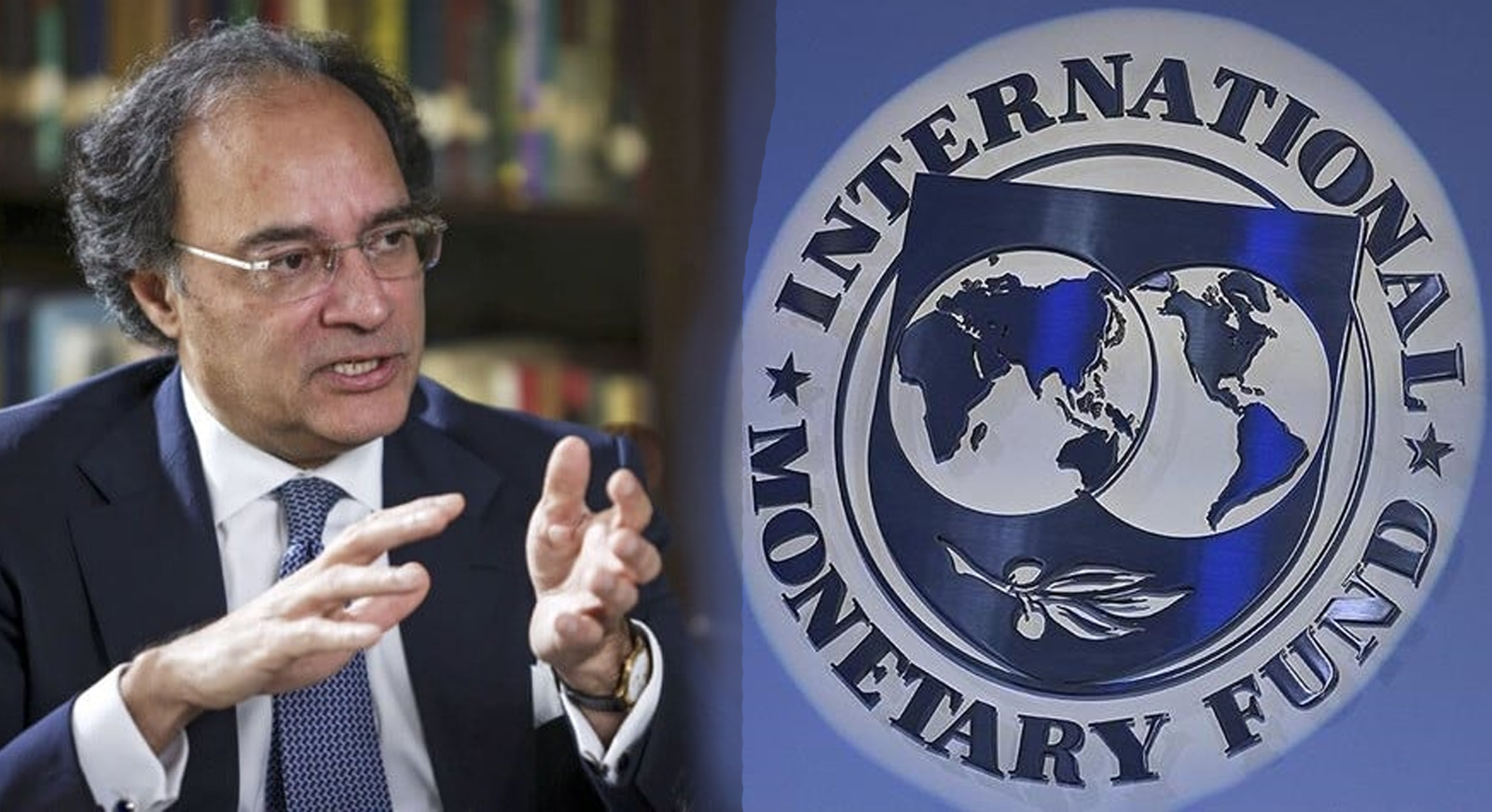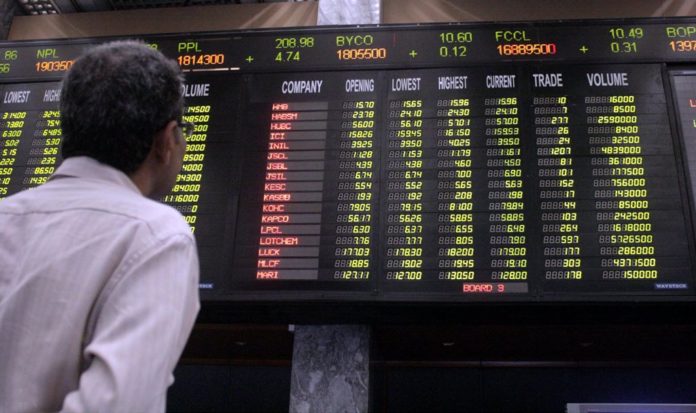Mohsin Siddiqui (Chief Reporter)
Finance Minister Muhammad Aurangzeb confirmed on Tuesday that the International Monetary Fund (IMF) has no objections regarding the implementation of targeted subsidies for eligible citizens. Speaking with journalists at Parliament House, the finance minister stated that these subsidies could be disbursed through the Benazir Income Support Programme (BISP), providing relief to those in need.
The finance minister stressed the importance of ensuring that these subsidies reach the appropriate beneficiaries, particularly those facing financial hardships. He explained that the federal government, in collaboration with provincial authorities, would take steps to develop a consistent policy across the country. Aurangzeb announced that discussions with provincial chief ministers were scheduled for later in the week to finalize a uniform approach.
To facilitate this process, the federal finance secretary will coordinate with provincial secretaries to formulate a comprehensive national financial package. This package aims to streamline the process of delivering subsidies, ensuring that financial assistance is evenly distributed throughout the provinces. The government’s objective is to provide essential support while maintaining fiscal discipline under IMF guidelines.
During his interaction with journalists, Aurangzeb addressed concerns surrounding external financing, acknowledging a $2 billion shortfall that Pakistan needs to bridge. He revealed that negotiations to secure this financing were in advanced stages, with positive progress being made.
He highlighted the critical role of commercial loans in addressing the financing gap. “At this point, it is more important to secure an agreement for commercial loans rather than their immediate issuance,” Aurangzeb explained. He reassured the public that talks for debt rollovers were nearing completion and proceeding smoothly. According to the minister, allied countries’ financial institutions are expected to update their respective governments on these developments soon, signaling a positive outcome for Pakistan’s external financing challenges.
Regarding Pakistan’s domestic revenue generation, Aurangzeb expressed confidence that the Federal Board of Revenue (FBR) would meet its tax collection targets. He emphasized that digitalization and enforcement measures would play a significant role in enhancing the country’s tax collection capabilities. The FBR’s focus on modernizing its processes and increasing efficiency aims to strengthen Pakistan’s fiscal foundation and reduce the reliance on external financing.
Aurangzeb clarified that there are no immediate plans to raise withholding taxes, a move that would have placed additional burdens on businesses and individuals. The government’s goal, he said, is to create a fair and equitable tax system that supports economic development without overburdening citizens.
In response to the trading community’s demand for the withdrawal of income tax on traders, Aurangzeb addressed the implications of such a request. He explained that eliminating income tax for traders would place an unfair tax burden on the salaried class and the manufacturing sector, both of which already contribute significantly to Pakistan’s tax revenue.
The finance minister assured traders that their concerns were being taken seriously and that the government would work to meet their legitimate demands. However, he reiterated that every sector of society must contribute to the country’s tax base for Pakistan to achieve sustainable development. “Every sector of society must pay tax without which the country cannot develop,” he added, underscoring the importance of shared responsibility in driving national progress.
Aurangzeb’s remarks reflect the government’s balanced approach to tax policy, where the needs of different sectors are considered without compromising the country’s fiscal stability. By addressing traders’ concerns while maintaining a firm stance on taxation, the government aims to create a fair tax regime that supports long-term economic growth.




